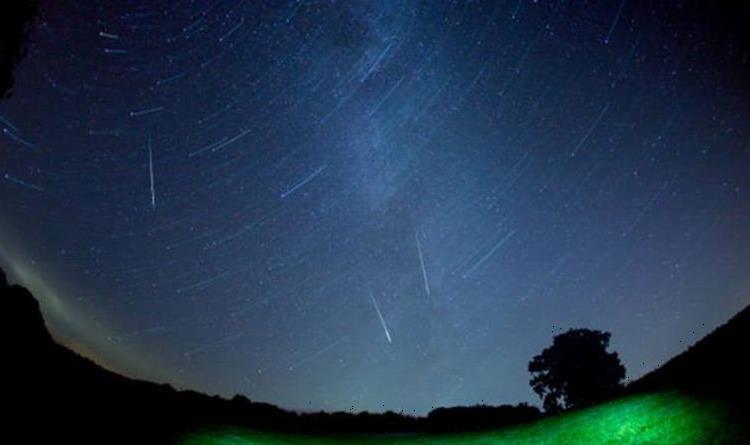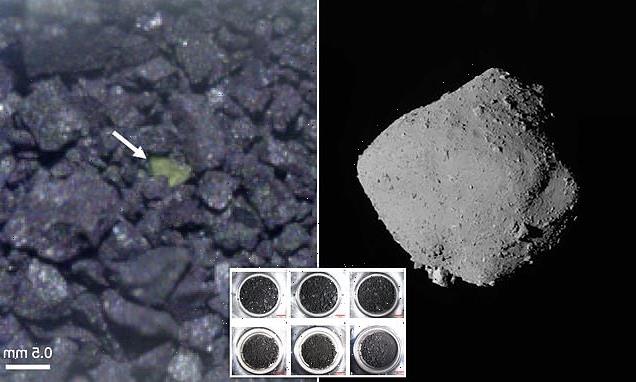WASHINGTON – President Biden will outline a more aggressive plan for curbing COVID-19 on Tuesday as the country confronts a new surge in infections, long lines for testing in key cities and overwhelmed hospitals in hotspots.
Biden will reassure Americans that the administration is prepared for the rising case levels, while issuing a "stark warning" to unvaccinated individuals who continue to drive hospitalizations and deaths, White House press secretary Jen Psaki said Monday.
"This is not a speech about locking the country down," Psaki told reporters.
Dr. Anthony Fauci, Biden’s top coronavirus adviser, said the president will be emphasizing and upscaling some existing policies and detailing new steps.
That includes the ongoing push to get people vaccinated, making testing more available, sending surge response teams to states with rising rates, providing vaccines to the rest of the world and making traveling safer.
“That’s going to be in there," Fauci said Monday, "but he's going to give a lot more."
Some major U.S. cities announced new restrictions on Monday to address a spike in COVID-19 cases.The District of Columbia re-imposed its mask mandate and said city employees would be required to get vaccinated, including receiving a booster shot, while Los Angeles officials said its New Year’s Eve party planned for downtown will be streamed with no in-person audience.
Health and Human Services Secretary Xavier Becerra hinted at new federal actions when speaking with reporters last week about the availability of COVID-19 tests.
“We're going to continue to make more announcements because we're moving – especially now with omicron – we're moving more and more towards rapid, at-home tests that we hope will be completely free to the American public,” he said. “Stay tuned.”
Why the US lags behind on rapid testing
The administration has taken some steps to expand access to test kits, but experts have criticized the government for not doing more – particularly for not making tests as cheap and easy to get as they are in the United Kingdom and some other countries.
Part of the reason the U.S. hasn't been able to keep up with the demand for testing stems from regulation of the industry, according to Michael Mina, an epidemiologist and testing expert who serves as chief science officer at biotech software company eMed.
Mina said the U.S. Food and Drug Administration has been regulating rapid COVID-19 tests as medical devices instead of a public health tool, requiring companies to conduct clinical trials that cost millions of dollars and last months. That slows the process of getting tests in the hands of American consumers, he said, and only a handful of COVID-19 rapid test manufacturers have kits available in the U.S., compared to the global market.
"We're in a pandemic, a fast-moving respiratory infectious disease, and speed of a result is much more important for a public health test than sensitivity," Mina said. "This is about (stopping)transmission. Nobody is talking about a new test for medical purposes."
Looking abroad, the U.K. has been able to stand up one of the most robust rapid test distribution programs in the world, Mina said, because they recognized the need for a more efficient regulatory framework to deal with the speed of this virus' transmission.
"They immediately saw the need to think about these tests differently," Mina said of the U.K. "And in two years it's just unfathomable, in my view, that we have not recognized that the way we're were evaluating rapid tests is just antiquated."
Biden has tried to make more tests available ahead of the holiday season. Earlier this month, he unveiled his winter strategy amid growing fears of the highly transmissible omicron variant, which included requiring private health insurance companies to cover the total cost of at-home COVID-19 tests next year and distributing free, at-home tests through health centers and rural clinics.
The White House also announced a $1 billion investment to boost the supply of at-home rapid COVID-19 tests in October, with the aim of making millions of rapid tests available to Americans as the holiday season ramped up.
"We've always said that this will be a building process," Psaki told reporters when asked if Biden will speak to the frustration over testing shortages across the country. "And we are going to continue to build on that and the president will talk about that tomorrow."
But images of long lines at drive-thru testing sites and the words "sold out" next to images of at-home testing kits on pharmacy websites raises questions about whether the White House is doing enough to battle an expected explosive surge, particularly as Americans travel for the holidays and the omicron variant begins to spread at a faster clip.
"It’s spotty. In some places you can easily get a test. But in other places, you can’t," Fauci said during remarks at the National Press Club Monday. "I know that. I’ve tried myself.”
Biden to issue stark warning
Dr. Scott Gottlieb, who led the Food and Drug Administration for the first two years of the Trump administration, said the government is “probably not” doing all it can to provide access to rapid antigen testing.
During a meeting with the USA TODAY Editorial Board earlier this month, Gottlieb said the country has a “critical window” to make COVID-19 tests more ubiquitous as omicron spreads more widely. People need to test themselves not just once before attending a gathering or other higher-risk environment; they need to test the day before, the day of and the day after, he said.
“Flooding the market with diagnostic home diagnostic tests for the next four months, to me, makes eminent sense,” Gottlieb said, “and the best way to do that is to directly subsidize it.”
Video: Dr. Scott Gottlieb talks about omicron
Michael Osterholm, who advised Biden on COVID-19 during the presidential transition, warned last week that a “viral blizzard” is coming. Osterholm said on CNN that millions of Americans are likely to be infected by omicron over the next three-to-eight weeks.
“That will be overlaid on top of delta,” he said, “and we’re not yet sure exactly how that’s going to work out.” Delta is another highly contagious variant of the coronavirus.
Biden is expected to issue his own stark warning on Tuesday.
“For (the) unvaccinated, we are looking at a winter of severe illness and death…for themselves, their families and the hospitals they’ll soon overwhelm,” Biden said after meeting with his COVID-19 response team last week.
Dr. Celine Gounder, an epidemiologist who advised Biden's transition team on COVID-19, said the president needs to refocus the conversation around hospitalizations and deaths, rather than infections and cases.
In places like New York City, where the population is highly vaccinated, cases are on the rise but hospitalizations are not. But in places with low vaccination rates, a surge in cases could lead to a surge in hospitalizations and deaths and overwhelm the health care systems.
“It's tragic because we have those tools to move beyond this, but we're just not using them,” Gounder said. “I think people need to understand vaccines work best at a population level, they're not on/off switches at the individual level.”
Just over 60% of the population is fully vaccinated, according to the CDC.
Republicans make up an increasingly disproportionate share of those who remain unvaccinated, according to the Kaiser Family Foundation, a nonpartisan health research organization that has been tracking vaccinations. Political partisanship trumps age, race, education level or insurance status as a predictor of whether someone is vaccinated.
Biden’s efforts to impose vaccine requirements on many workers have been impeded by the courts.
While a federal appeals court on Friday reinstated a federal rule that workers at larger businesses get vaccinated or be regularly tested, the Labor Department announced it would give businesses more time to comply because of the uncertainty created by legal challenges.
$700K for defying vaccine requirement?: Democrats push for jump in workplace fines
More: Biden delays enforcement of COVID-19 vaccine-or-test rules for businesses as courts hear legal challenges
Workers who are not fully vaccinated won’t have to be regularly tested for the coronavirus until Feb. 9, more than a month after the original deadline of Jan. 4.
The administration is also fighting challenges to requirements that health care workers and federal contractors be vaccinated.
Biden released his winter strategy on Dec. 2, a day after the first confirmed case of the omicron variant in the USA was announced. Now, the variant has been found in at least 39 states. It’s expected to become the dominant strain in the coming weeks.
The plan included:
Requiring travelers entering the country by air to test negative for the coronavirus within a day of departure, regardless of vaccination status or nationality, instead of within three days.
Extending through March 18 the requirement that masks be worn on airplanes, trains and public transportation.
Requiring private health insurance companies to cover 100% of the cost of at-home tests for the coronavirus, beginning in mid-January.
Launching a public education campaign to encourage 100 million adults to get boosters, with a special focus on seniors.
Deploying emergency response teams to support strained hospital system, help with the administration of lifesaving monoclonal antibody treatments and conduct outbreak investigations.
Colorado Gov. Jared Polis, a Democrat who has expressed frustration with the unvaccinated, hopes Biden will toughen his message to make it clear an extra dose of protection from a booster isn’t optional.
“I would say stop talking about the vaccine as a booster,” Polis said on NBC’s “Meet the Press” Sunday, “talking about it as three doses that are needed for effective prevention.”
This article originally appeared on USA TODAY: Biden speech Tuesday: new COVID steps, 'stark warning' for unvaccinated
Source: Read Full Article





